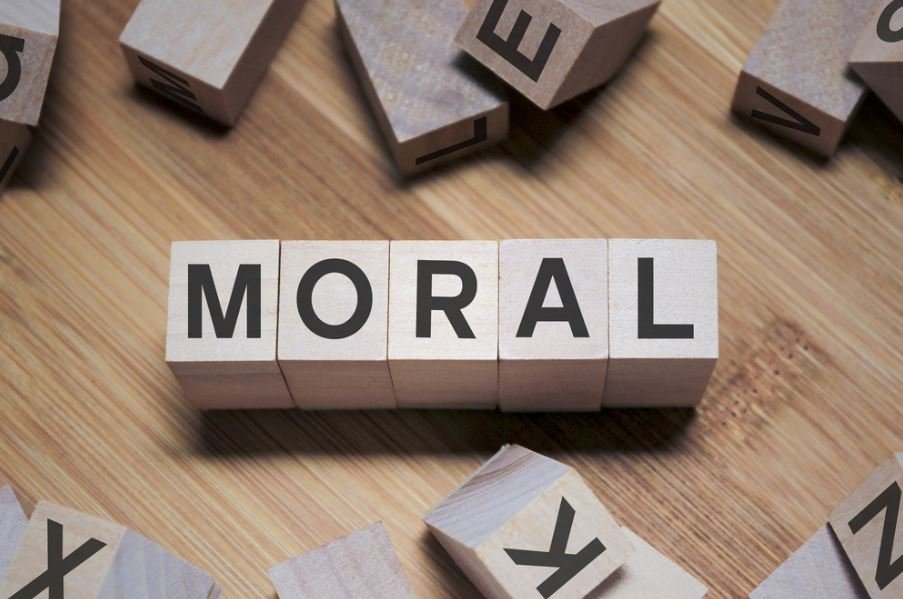What Happens When U.S. Citizenship is Denied for Lack of Good Moral Character?

Applying for American citizenship means thoroughly proving “good moral character.” While most citizenship applicants quickly clear this hurdle, USCIS occasionally denies applications specifically citing moral or ethical shortcomings. Events like criminal infractions or lying during immigration or naturalization can tank your honest assessment.
In this article, I’ll cover common reasons for denial due to moral character, your options for fighting the decision, and steps to rehabilitate your profile for future attempts at naturalization should denial stand on ethical factors.
Understanding the exact repercussions when the “moral character” test scuttles your application prevents overreacting while strategizing the next prudent moves. Learn how to pivot correctly when this exceptionally subjective denial challenge arises.
What Constitutes Good Moral Character?
U.S. Citizenship and Immigration Services (USCIS) does not clearly define good moral character. Instead, it is based on the ethical standards of the average citizen in the community. USCIS officers make a subjective judgment when evaluating each applicant’s moral character.
Not having a criminal record does not automatically equate to good moral character. USCIS considers many factors beyond criminal history when making moral character determinations.
Period for Evaluation
USCIS generally examines good moral character during the five years before filing the naturalization application and taking the Oath of Allegiance. The period is reduced to 3 years for applicants married to U.S. citizens.
However, USCIS can also evaluate conduct outside this period to determine whether it impacts present moral character. Certain criminal acts may permanently bar applicants from establishing good moral character, no matter when committed.
5 Common Reasons for Denial Based on Moral Character
While denial reasons vary on a case-by-case basis, we frequently see citizenship applications denied for the following moral character issues:
1. Failure to Pay Court-Ordered Child Support
Willfully refusing to pay court-ordered child support can be grounds for denial. If nonpayment resulted from extenuating circumstances like job loss or illness, applicants may still qualify by providing documentation of inability to pay.
2. Failure to Complete Probation or Parole
Applicants who have not completed probation or parole may have their naturalization application denied, even if the offense was long ago. Mistakes often happen due to oversight when paperwork does not include probation/parole compliance proof.
3. Failure to Pay Taxes or File Accurate Returns
Deliberately failing to pay owed taxes or filing false/inaccurate returns demonstrates poor moral character. Applicants should consult a tax attorney and resolve outstanding tax issues before applying.
4. Fraudulently Obtaining Public Benefits
Intentionally providing false information to obtain government benefits suggests a lack of moral character. However, if errors were inadvertent and you repay the amounts owed, USCIS may still approve your application.
5. Providing False Testimony to Gain Immigration Benefits
USCIS views lying under oath to gain immigration benefits as a severe offense. It severely damages an applicant’s perceived moral character and credibility.
Overcoming Moral Character Issues
While the above issues often lead to denial, applicants may still have options to overcome moral character concerns.
They are providing evidence of reform and rehabilitation since the disqualifying acts can demonstrate good present moral character. For example, performing charitable service, participating in counseling programs, and showing remorse for past mistakes.
In some cases, reapplying after a 1 to 5-year waiting period allows time to reestablish good moral character. Consulting with an experienced immigration attorney is essential to identify the optimal strategies for each applicant’s situation.
Permanent Bars vs. Conditional Bars
Bars to establishing good moral character are categorized as either permanent or conditional.
Permanent bars like murder, torture, and aggravated felonies permanently disqualify applicants from naturalizing. Conditional bars like failure to pay child support only create issues during the statutory period under review.
An immigration lawyer can provide critical guidance on which bars apply to your circumstances to avoid misunderstandings.
Contact a Knowledgeable Immigration Attorney for Guidance
We hope this article provided valuable insights into common reasons for naturalization denial based on moral character. The complex standards around good moral character can catch applicants off guard. Working with an experienced immigration attorney is the best way to understand how your background fits into ethical character requirements.
The Law Office of Lina Baroudi’s legal team has helped numerous applicants facing moral character challenges understand their options and successfully obtain citizenship. They offer personalized guidance based on your unique situation in San Jose, California.
To discuss your naturalization case in a consultation, contact the Law Office of Lina Baroudi at https://www.linalaw.com.






